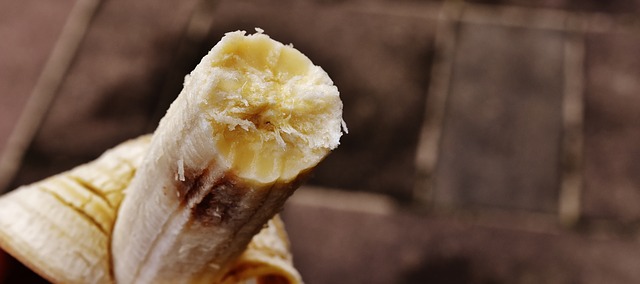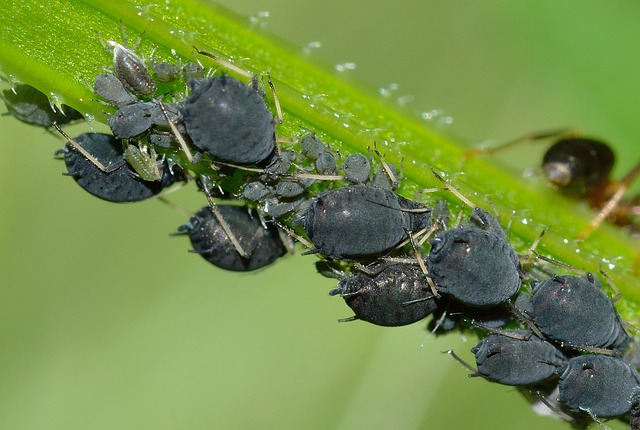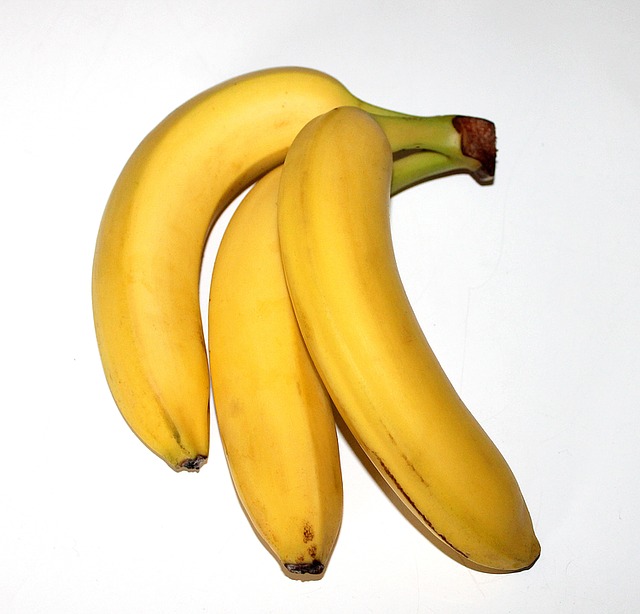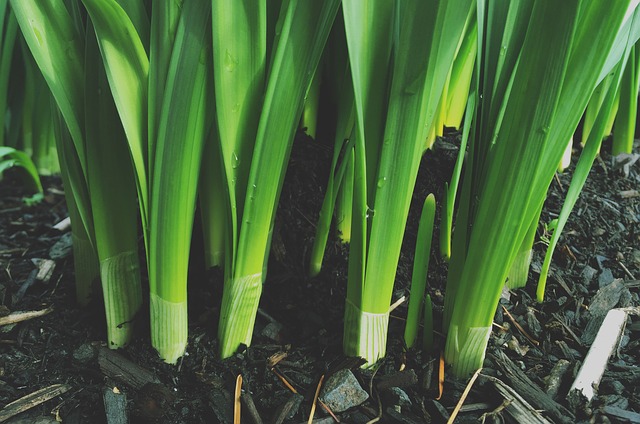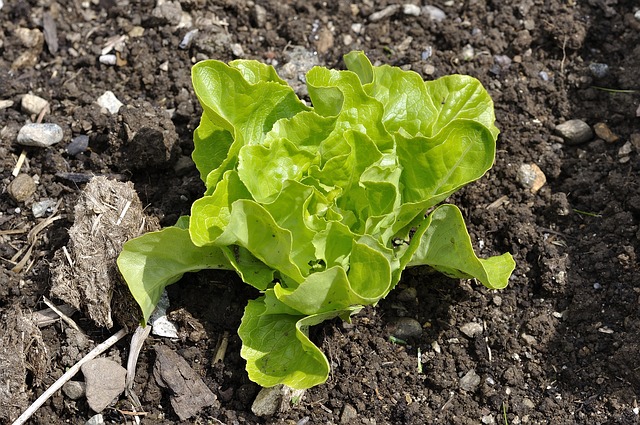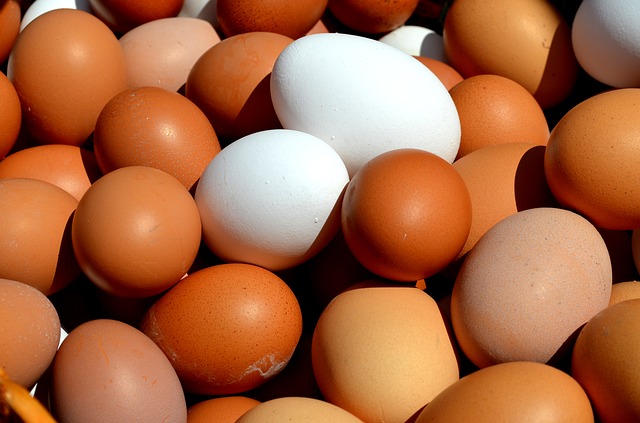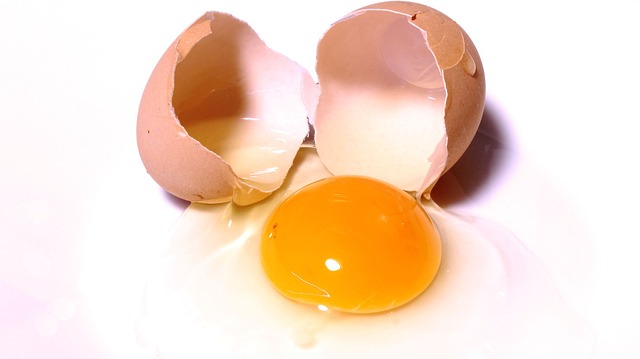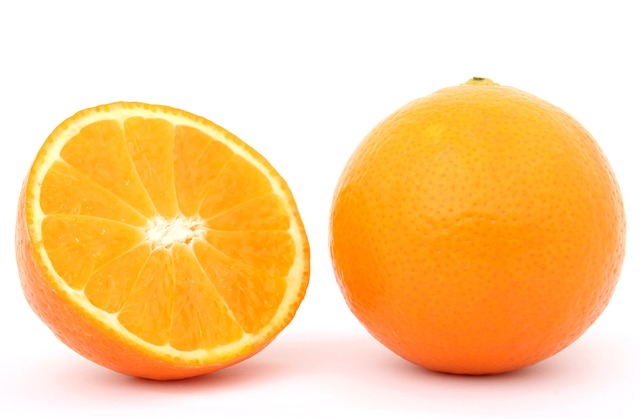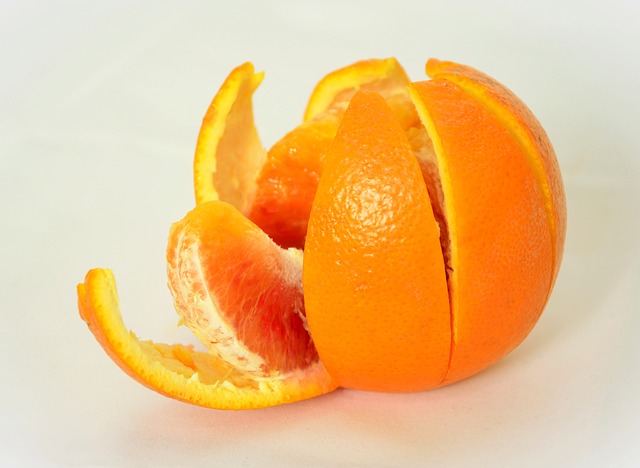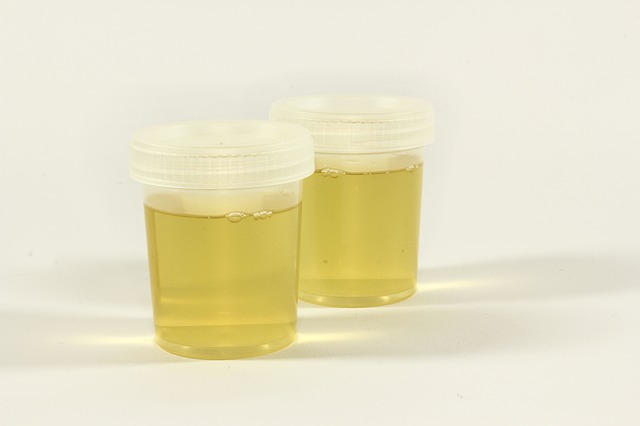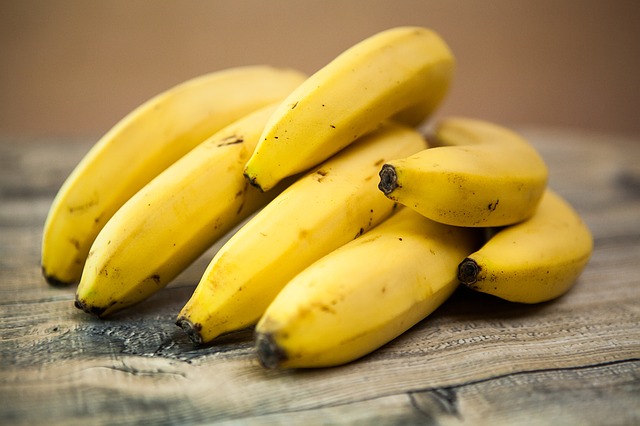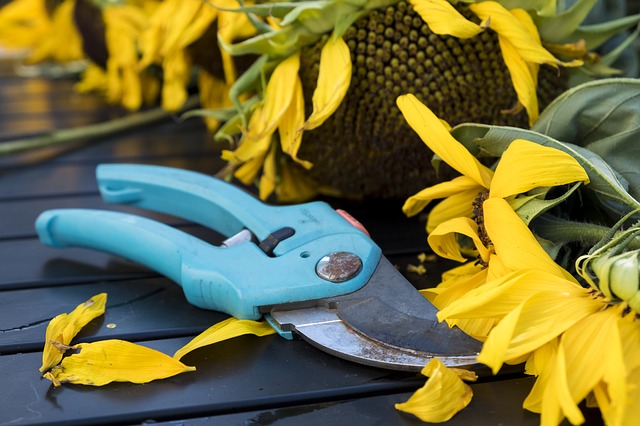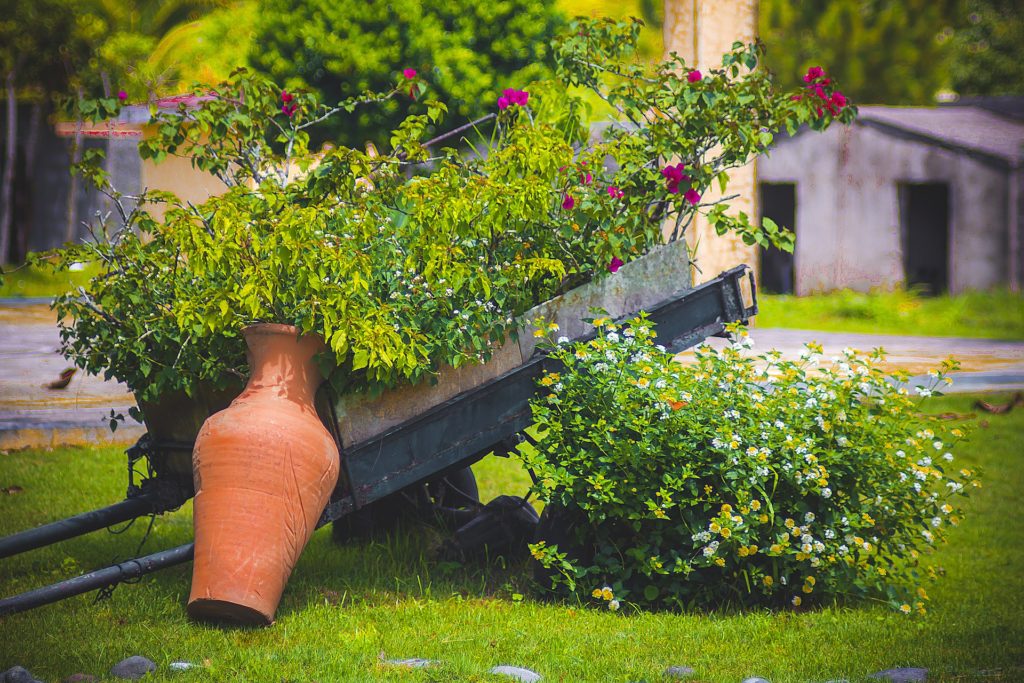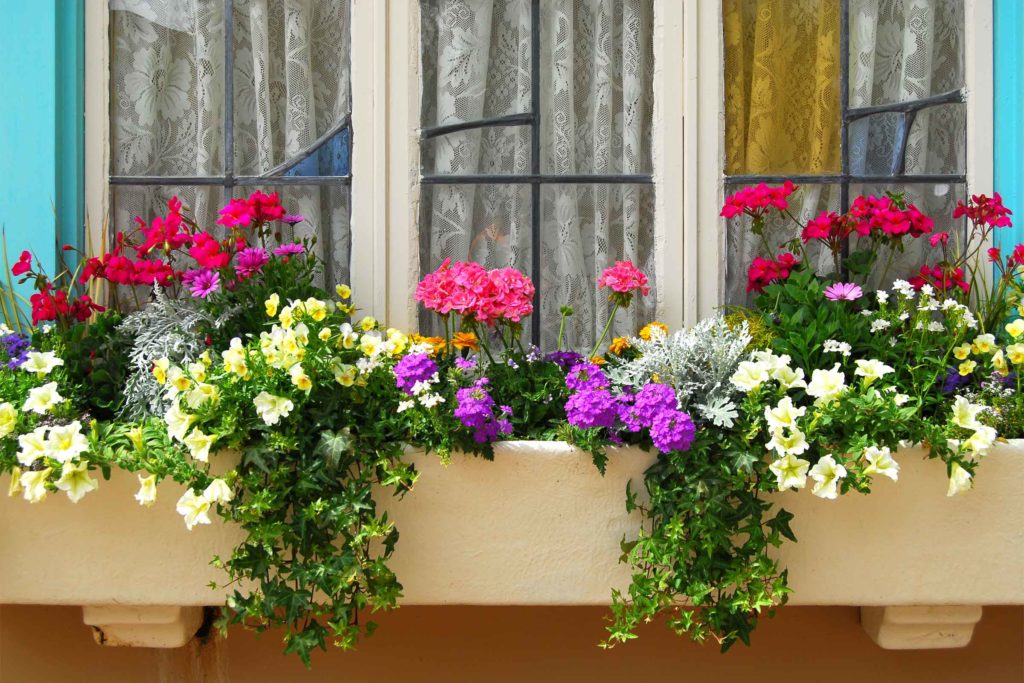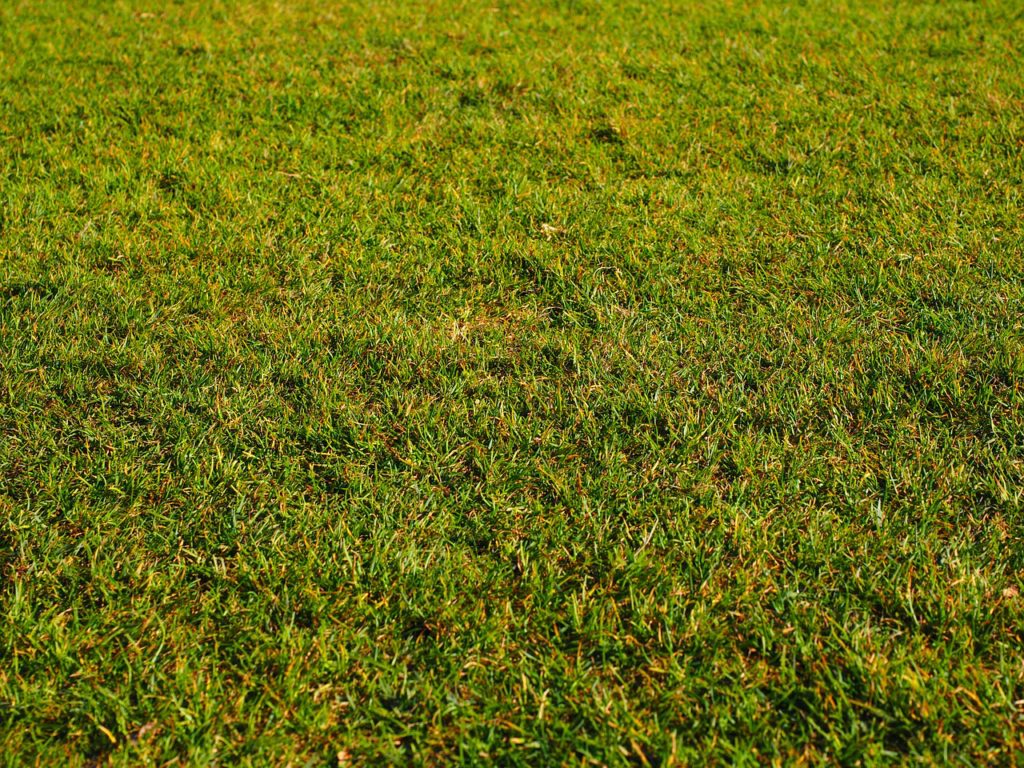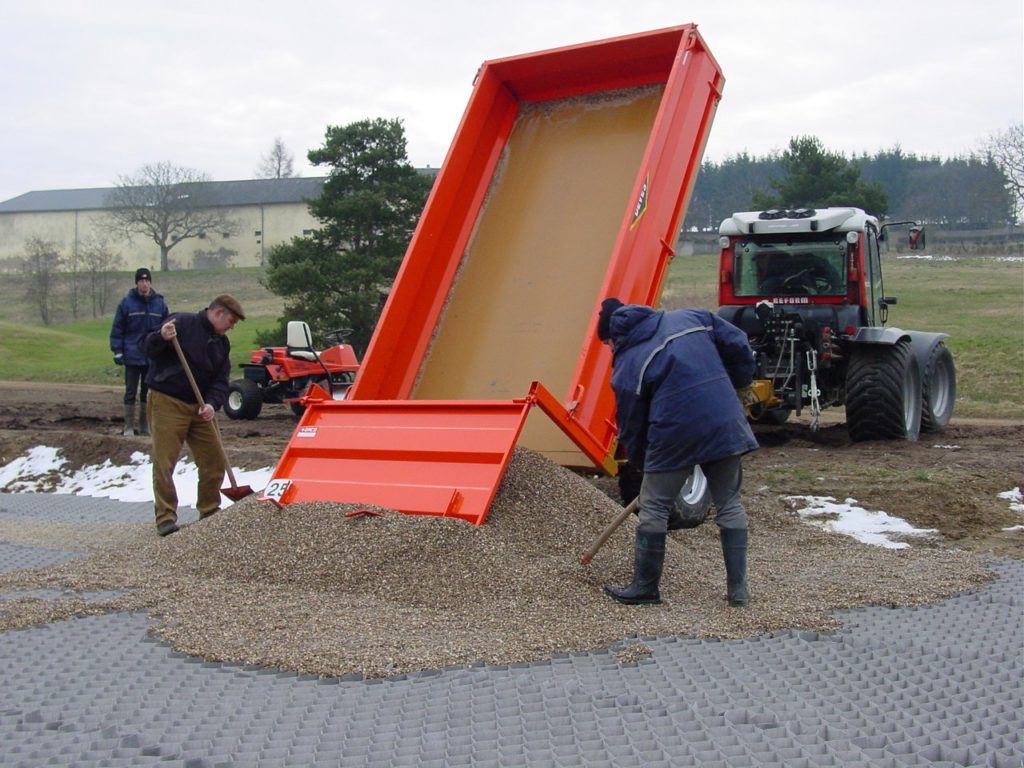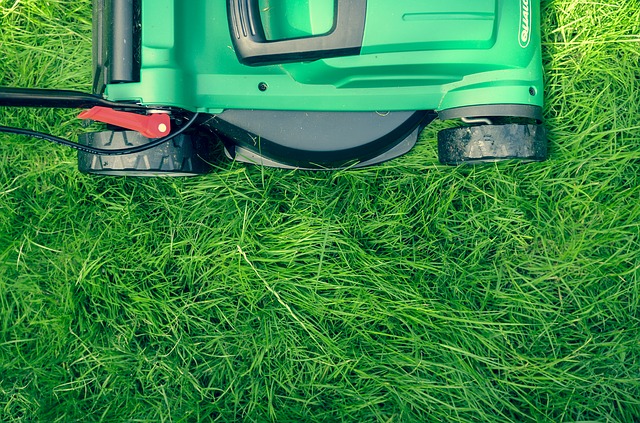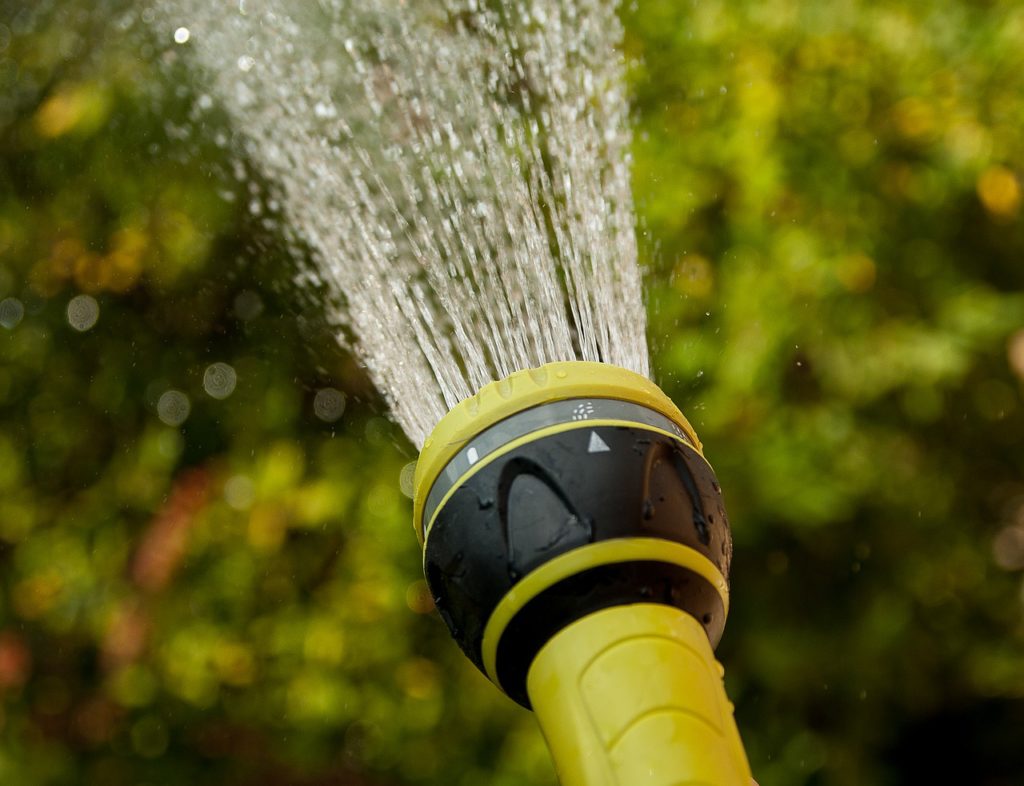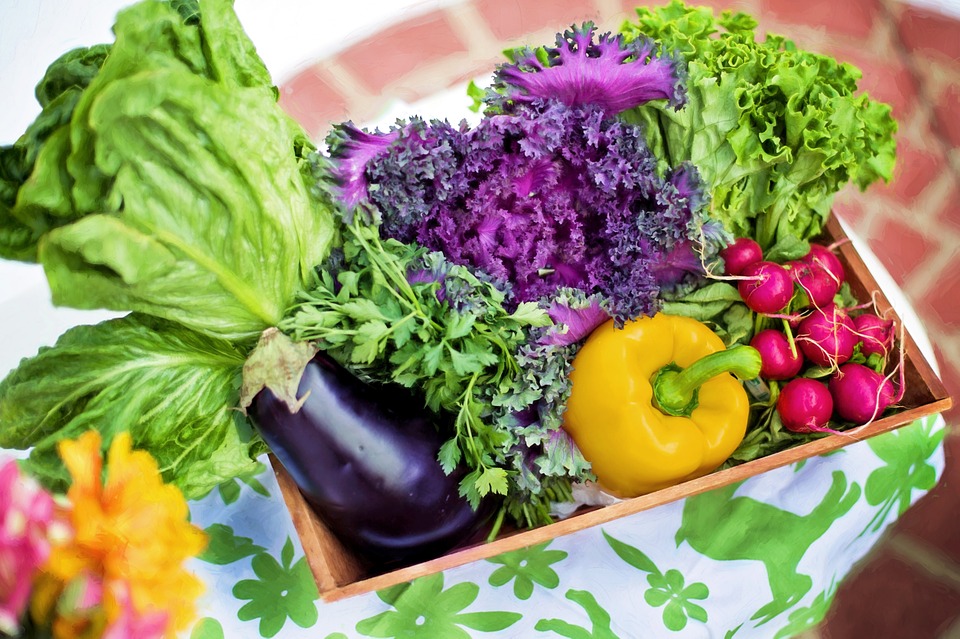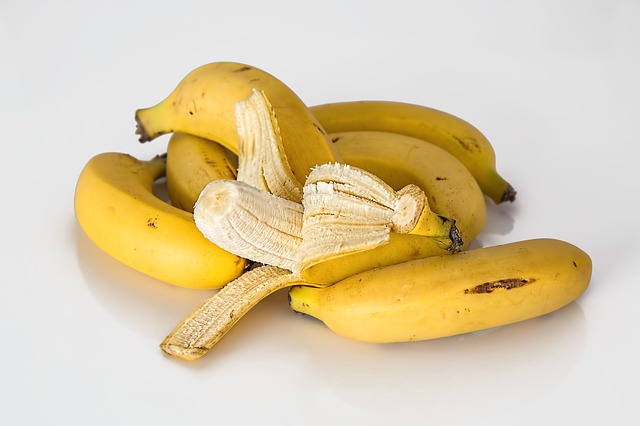
Bananas are both delicious and healthy. And you may have wondered after finishing your morning shake or afternoon snack whether those peels you’ve been throwing away for years could be used for other things.
What can you do with banana peels? It turns out quite a lot, and lucky one best uses is as fertilizer. Using banana peels in the garden is not just simple but it’s of course a way to put those peels to use in a natural way that is great for both your plants and soil.
Benefits Of Using Banana Peels In The Garden
Bananas are nutritious for us but their peels also contain a lot of nutrients, minerals, and trace elements that are ideal for the garden. As they break down they release them into your soil.They are particularly high in potassium which helps nutrient and water transfer in plant cells and also protects plants from disease.
Potassium is also well-known for promoting healthy blooms and tastier fruits and vegetables. It’s very common for gardeners to use banana peels for roses in particular along with other potassium-loving plants such as tomatoes and green peppers.
Peels also contain iron, calcium, sulfur, magnesium, along with manganese which helps plants with photosynthesis. But that’s not it. Those peels you’ve been tossing in the trash also have phosphorous which is one of the main nutrients needed by plants in order to grow.
Free Worm Food
Peels help your plants indirectly as well. They are a great worm food and of course more worms equals more worm castings. Those castings add nitrogen, calcium, magnesium, and phosphorous to the soil. An added benefit is that the tunnels those worms create to move around help air and water to reach the roots of plants.
Natural Aphid Repellent
Using banana peels in the garden can help to keep pests such as aphids away. Aphids eat plant sap and can quickly infest your garden. They can pass viruses to plants and the damage they cause when feeding can destroy them.
However, they hate the smell of ripe bananas so adding peels can work as a deterrent for these annoying and destructive pests. That’s without using any harmful sprays or chemicals which is always a good thing.
How to Use Banana Peels As Fertilizer
There are a couple of ways you can use your peels as fertilizer. You could just toss them whole into your garden, patio planters, or pots. However, this may attract unwanted visitors such as rodents, moles, rabbits, skunks, raccoons and a range of insects.
In order to keep backyard pests away all you’ll need to do is cut up your peels into small inch-long strips. And then using a trowel dig a hole or trench about two to four inches below the top soil near your plants. After placing the pieces inside cover them up.
You may also want to think about adding pieces of banana peel when you’re actually planting your plants in the ground. An easy way to do this is to place them in the hole you have dug for your plant before you put it inside. Fill the hole in with dirt and when you get a few inches from the top of the hole you can add a few more.
Save Them For The Future
If you’d like to save your peels for future use you can always dry them out. All you’ll need to do is to place them on a paper towel and wait for them to dry. When they do, just crumble them up, and put them in an airtight plastic bag or container until you’re ready to use them.
Make Your Own Fertilizer Tea
Another alternative is to make your very own banana peel fertilizer tea. To do so, just cut up a bunch of peels and place them in a bucket of water for a few days. This will allow them to steep just like tea. After about a week strain out the peels and you can pour your liquid fertilizer right into your soil or potted plants.
Composting
Of course you can use banana peels in compost too and they will add potassium, phosphorous, and their other benefits to the soil you are creating. Plus, your worms will love them. Depending on the type of composting you are doing you can expect entire peels to decompose in around three to four weeks.
If they are cut up into smaller pieces they will decompose faster though. When adding banana peels in compost bins or piles you should keep in mind that they will count as green materials not brown ones.
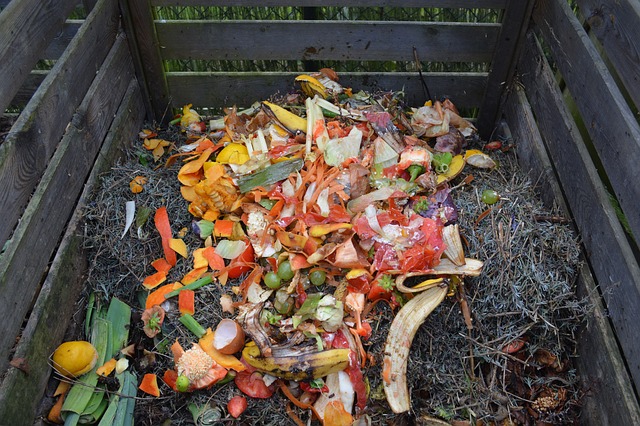
Using banana peels in the garden is a fabulous way to make the most of your food that will be sure to enhance your soil and plants as well. But remember while they are an excellent natural fertilizer they aren’t a total substitute for more complete fertilizing options they’re more of a supplement.
Start Shopping for Gardening Supplies!
The Best Places To Find Free Composting Materials
Many people are interested in composting but feel like they don’t have access to enough organic materials. Luckily there are a range of places you can find free composting materials to get started or make your current pile bigger. Here are some of the best and easiest...
4 Steps to Get Your Garden Ready for Spring
After being cooped up all winter, you may be dreaming about harvesting from a lush summer garden. But before you get there, there’s a lot of work to be done to get the garden ready. Spring garden prep can be intimidating, especially if your garden beds have been left...
What Not To Compost
Composting has many excellent benefits. It allows you to recycle organic material which can then be used to help to enhance your soil. And of course, it’s an environmentally friendly way to reduce trash. But before you get started you’ll need to know what not to...
How To Build A Vegetable Garden That Is Both Tasty And Attractive
A healthy vegetable garden can provide you with hours of stress-busting, mental health-boosting fun and give you and your family healthy, organic produce to eat for months. If you have even a few square feet of yard space, planting a vegetable garden is easy and...
Using Eggs Shells In The Compost
There are many food scraps that people use in their compost. However, there is one that is often overlooked. Using egg shells in compost is not just a great way to help reduce waste but also boosts the nutrient content of the soil you are creating for your plants....
Using Egg Shells In The Garden
Once you learn how you can use egg shells in the garden you won’t just think about eggs solely as food. Their shells are a free way to add to the health of your soil and plants, but they also have quite a few other helpful benefits as well. Here are the best ways to...
Using Orange Peels In The Garden
Oranges are a healthy snack and ingredient but you’re most likely wasting one of the most beneficial parts, the peel. While we can’t eat them, using orange peels in the garden has many surprising advantages. Here are the top ways you can put your peels to work....
Can You Compost Orange Peels?
If you’ve ever wondered, "can you compost orange peels?" the answer is yes. Although there are a few things you should know when doing so. So here’s your fast guide! Composting Basics When composting, you’ll need to include a mix of both carbon and nitrogen-rich...
Using Urine As Fertilizer
While urine is waste, it also contains nutrients that our bodies can’t use. But your garden can! Using urine as fertilizer is free and as organic as it gets! Here’s what you’ll need to know when thinking about using it. There have actually been multiple studies that...
The Urine-Compost Connection
Composting is all about re-using organic materials. And like the majority of us, you probably have been flushing away one of the most natural ways of all to condition your compost. By adding urine compost can be given a huge boost and that is passed on to whatever...
Using Banana Peels In Compost
Can you put banana peels in compost? You bet you can! While bananas offer us some extremely important nutritional benefits that help us to stay healthy, their peels can be used to add to the health of your compost pile as well. Bananas are one of the most popular...
Common Gardening Injuries And How to Avoid Them
While gardening isn’t necessarily the most dangerous pastime one can think of, injuries do occur. Recent data suggests that in the US alone, over 300,000 gardening injuries occur annually. So whether you are a seasoned gardener or are just beginning, it’s important to...
Just Moved? How To Safely Transport Your Plants Into Your New Garden
It can take years of planting and care to create a magnificent garden. That’s why the prospect of relocating or moving houses can induce anxiety in gardeners. Whether you plant ornamentals, or if you grow your own vegetables, having to start over can be a daunting...
Filling Those Window Boxes: Flower Species That Thrive With Container Gardening
Those traditional window boxes overflowing with flowers may remind you of summer cottages or childhood dreams. This particular feature is one that you want at your home all year-round. Container gardening for window boxes takes a certain flair for picking out the...
Why You’ll Want To Revamp Your Garden with Artificial Grass
Installing an artificial lawn is an easy and attractive way to improve and revamp your garden. This is because an artificial lawn is like a real lawn, only much better! Artificial grass has been developed to such a high-quality standard that it looks and feels as...
The Best Grass Types For Creating A Drought Tolerant Lawn
Many of us live in dry and arid places. There are many locations around the world that unfortunately for your lawn don’t get much rain throughout the year. For people who live in these places, a green, healthy-looking lawn can seem impossible to have and maintain....
Garden Drainage: How to Avoid a Waterlogged Garden & Patio
Many locations around the world get a lot of rain. With an average of 33 inches of rain per year, this is especially true in the U.K. where it is rare for a day to pass that it is not raining somewhere. Regardless of where you live this can lead to problems with...
Easy Lawn Care? Experts Say It’s Possible With These Tips!
There's no way around it: If you want a lush lawn, you have to work for it. That entails putting in a lot of time, effort, and yes, money. And even if you are hiring experts in lawn care, you will still need to shoulder some of the responsibilities involved. That does...
Water-Wise Landscaping: Avoid Cultivating These Types Of Plants
Water is one of the primary needs of all plants. They need to receive the right amount of hydration to grow and thrive properly. You can ensure your plants get the hydration they need by watering them regularly using a garden hose or watering can, or by having a...
Starting A Vegetable Garden: Motivational Tips For Beginners
Back in the day, our ancestors did not have to go very far to buy vegetables, they just had to step out in their garden and pick up free, fresh veggies. Unfortunately, over generations, most of us have lost touch with our natural gardening instincts due to the busy...
